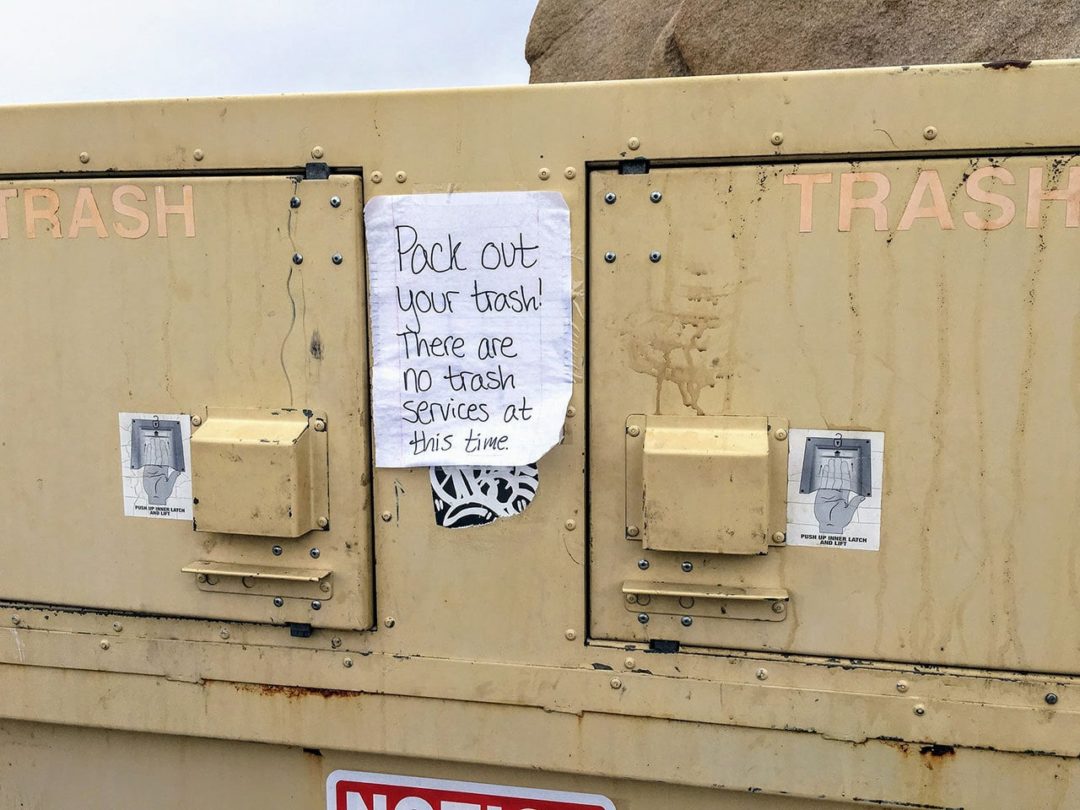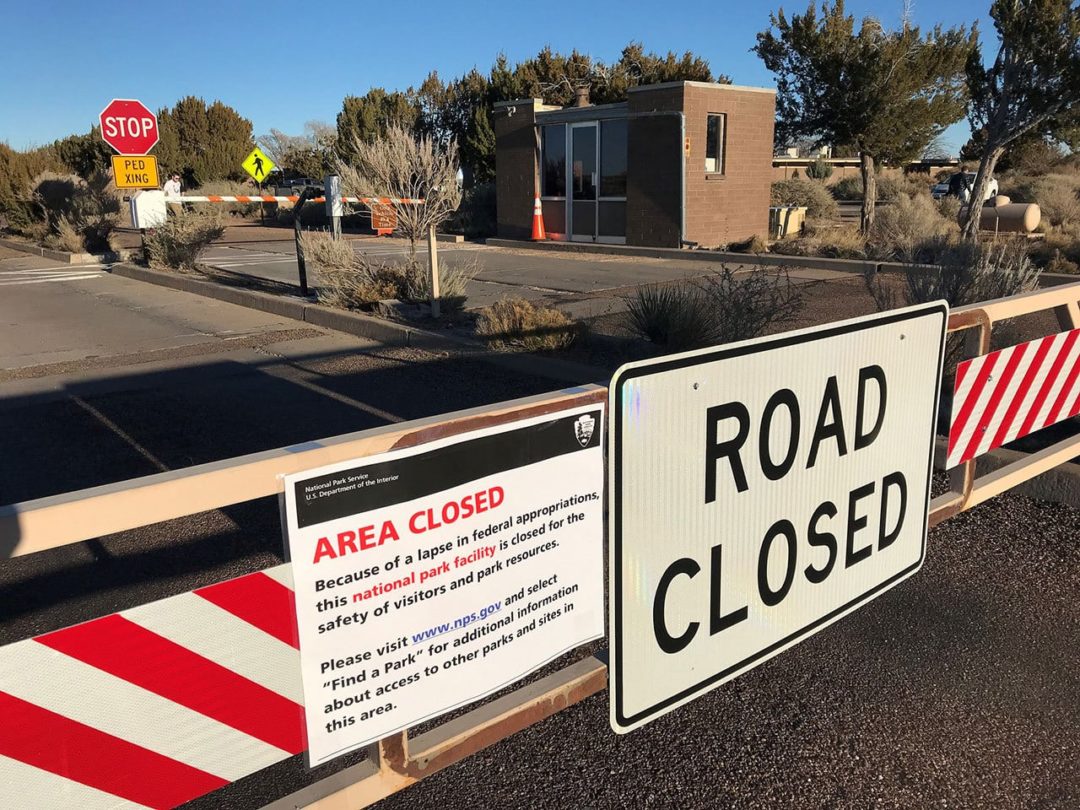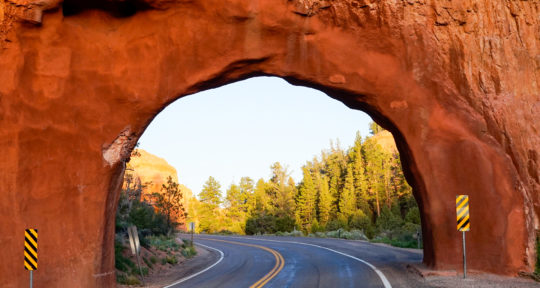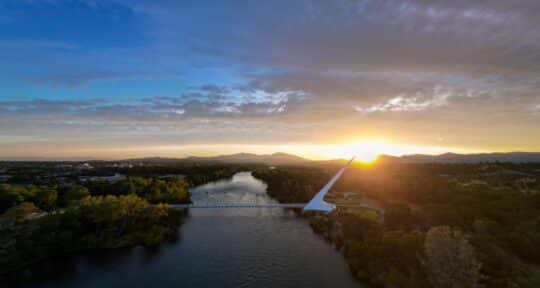The partial government shutdown—now the longest in history—is forging ahead with no clear end in sight. This means that national parks across the U.S. are still not being maintained at their normal levels, even though many remain open. No entry fees and no one to enforce the rules—sounds like the perfect time to visit, right? Well, not quite.
The National Parks Conservation Association (NPCA), a nonprofit that works to protect national parks, estimates that parks are currently staffed at only 16 percent of their normal levels—not nearly enough to keep resources, wildlife, and visitors safe.
“We’re alarmed at this point by the risks that this situation is posing to the cultural and natural resources of our parks, as well as to visitors,” says John Garder, the NPCA’s senior budget director.

Since most national park staff is furloughed, regular services like trash pickup and road maintenance are not being performed. Visitor centers are closed and toilets are overflowing. And without enough staff on site to intervene in prohibited activities, some visitors are reportedly going rogue.
“People are camping in illegal places, cutting down Joshua trees, driving off-road, and chasing wildlife with drones—a lot of activities that they can’t normally get away with when parks are fully staffed,” says Garder. And in the meantime, some serious damage is being done to things like water quality, wildlife habitats, and the sensitive biological frameworks of some parks.
“The Park Service won’t know the extent of the damage until the government reopens and they are able to go into parks and assess the conditions of the natural and cultural resources,” says Garder. He also mentions vandalism to cultural and historical sites. “Some of it could take years to repair and could even be irreparable.”

If you’re one of the many people feeling helpless and heartbroken over the current situation and its potentially long-lasting effects, there are some things you can do to help.
1. Don’t visit a park until the government is reopened
“The decision by the administration to pursue this partial opening situation really creates more of a drain to resources, and it increases the concerns to health and safety,” says Garder.
The best thing you can do to not make the situation worse is to wait until the government is reopened to visit a national park.
2. If you do visit, practice “leave no trace”
For some people, especially tourists who might not be aware of what’s going on right now, not visiting a park may not be an option. If you do visit, make sure to act responsibly and practice “leave no trace” principles.
“We urge people to use restrooms in outlying communities, pack their trash out, stay on designated roads and trails, camp in designated areas, and otherwise treat park resources with respect,” says Garner.
3. Volunteer to clean up
With no regular trash services being performed and trash piling up, volunteering to clean up national parks is a great way to help. However, you might want to wait until the government is reopened to start volunteering.
“People need to keep in mind that during the shutdown, there’s no park staff to oversee their safety or the integrity of park resources,” says Garner. “Sometimes by engaging in cleanup, people can put themselves and park resources at risk.”
He recommends waiting until the shutdown ends, then contacting your local park friends group or Park Service to join an official volunteer crew. You can also sign up to receive information about volunteering efforts from the National Parks Foundation.
4. Donate to nonprofit groups
Giving money to organizations like the NPCA or the National Parks Foundation is an easy, and important, way to help. And if you do visit a park during the shutdown, consider donating the $30 you’ll save on entry fees directly to the park.
5. Contact your elected officials
Whether your elected officials are Democrats or Republicans, it’s important for them to hear from their constituents. You can call, email, mail, or even tweet at your Senators and other representatives and urge them to end the shutdown. Find your state elected officials here.






